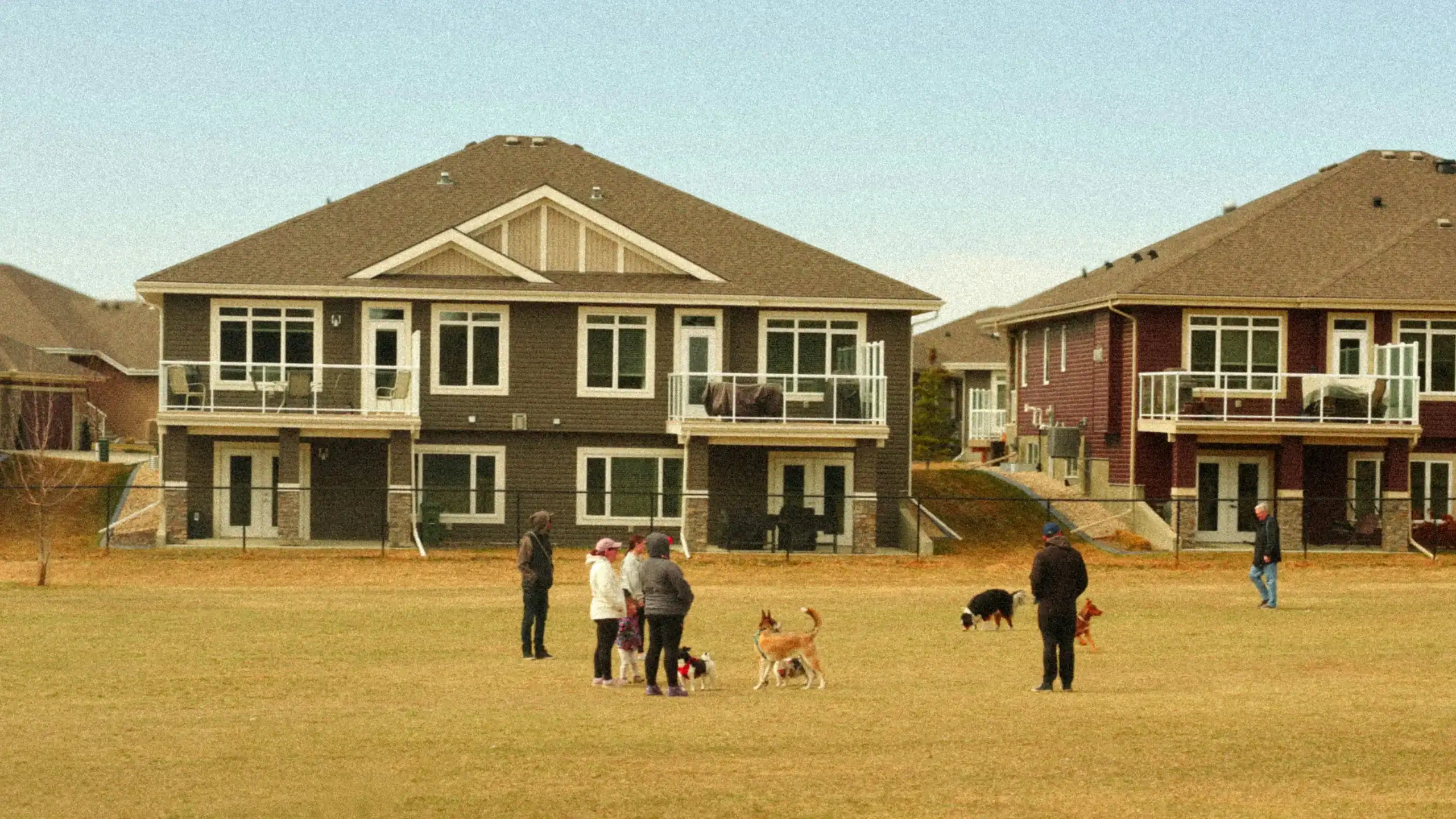Choosing the right living arrangement for your adult child is a deeply personal decision. Group homes for special needs adults offer a mix of safety, support, and community that many families value. These homes provide daily care while encouraging independence, helping residents build important life skills and meaningful relationships. Each group home is different, so visiting and researching various options is important to find the best match.
As you explore options for group homes, remember you’re not alone. Many families have faced this journey and found peace knowing their loved one is safe and supported. This guide shares six trusted group home options and helpful tips to make your decision easier. With the right information, you can feel confident choosing a home where your family member can truly thrive.
Review our services to explore some of our personalized solutions for your special needs family.
Table of contents
- 24-Hour Supervised Group Homes for Special Needs Adults
- Specialized Behavioral Group Homes
- Aging-in-Place Group Homes
- Host Homes for Special Needs Adults (Adult Foster Care)
- Transitional or Step-Down Group Homes
- Intentional Community-Based Group Homes
- How to Choose the Right Group Home for Special Needs Adults
- Find Support For Your Special Needs Journey at The Autism Voyage

1. 24-Hour Supervised Group Homes for Special Needs Adults
For families seeking disability housing options, 24-hour supervised group homes offer peace of mind and structured care. These homes are staffed by trained professionals who ensure safety, monitor medication, and assist with daily routines. Group homes provide the chance to build independence while staying supported. Learn how programs like Section 811, Supportive Housing for Persons with Disabilities can help your family navigate this important choice.
Want more real-life tips like this? Join our newsletter, it’s free, helpful, and made for parents like you.
What Services Do These Homes Provide?
Group homes for adults with special needs provide a safe, caring place to live. They offer help with daily tasks, like meals and hygiene, plus 24/7 supervision. These homes work much like assisted living for special needs adults, giving structure and stability. Families can learn more about options by visiting our resource guide for insights on funding, staff, and services.
“Group homes for special needs provide a place that feels safe, valued, and supported.”
Michael Pereira
Founder of The Autism Voyage®

2. Specialized Behavioral Group Homes
When behaviors require expert care, a group home for adults with special needs that focuses on behavioral therapy can make a big difference. These homes provide a safe, structured environment where mental health services are integrated into daily life. Staff often work closely with therapists and behavior specialists to support each resident’s unique needs. This specialized care helps individuals build skills and improve their quality of life in a compassionate setting.
Support for Autism and Mental Health Needs
These housing options support complex challenges like autism and mental health. They offer daily living assistance and personalized treatment plans. Services include behavioral analysis, medication management, and trauma-informed care. This creates a stable, caring space where individuals can grow and thrive.
3. Aging-in-Place Group Homes
As your loved one ages, group homes for special needs adults that support aging in place become essential. They focus on comfort and adapt care to changing needs. These homes help reduce stress by offering steady support over time. With caring staff, they create a safe, familiar place where your family member feels valued.
Why Aging-in-Place Matters for Stability
These homes provide compassionate residential care for adults with disabilities, helping them stay in familiar surroundings as they age. Services include mobility support, personal care, and medical coordination tailored to changing needs. This option supports stability while meeting evolving care needs. It respects both physical comfort and emotional well-being.

4. Host Homes for Special Needs Adults (Adult Foster Care)
If your family prefers a smaller, more personal setting, adult foster care homes may be a good choice. These group homes place individuals with trained caregivers in private homes. They offer tailored support in a family-like setting. These homes provide regulated residential care for adults with disabilities and work well for those who need more one-on-one attention.
5. Transitional or Step-Down Group Homes
These housing options for special needs adults help them gain independence. They offer short-term stays to build life skills like cooking and budgeting. Residents get daily support while learning to live on their own. This step bridges the gap to more independent living.
Building Independence Through Life Skills
Residents learn to do chores, cook meals, and manage social activities with support. These housing options for adults with special needs link with job programs and community groups. They help young adults leaving school gain important skills. This care builds confidence and independence.
Tip:
Ask about how each home supports daily skill-building to ensure your loved one’s growth and independence.

Guide for Writing a Letter of Intent for Families with Special Needs
This guide provides you with essential tips for crafting a Letter of Intent. Perfect for families navigating the complexities of planning for a special needs future.
6. Intentional Community-Based Group Homes
Some families want more than care, they want belonging. These special needs group home settings focus on community and shared values. Many are for homes who enjoy social, meaningful activities. Visiting and asking about daily life can help you decide if it’s a good fit when selecting group homes.

7. How to Choose the Right Group Home for Special Needs Adults
Choosing a group home for adults with special needs is a big decision. It’s important to consider care quality, personal values, and location. Think about your loved one’s daily needs and future goals to help narrow your options. Planning ahead financially is key, our individual disability income insurance guide can help with that.
Funding Options for Group Homes for Special Needs
Finding funding for group homes for adults with special needs can feel overwhelming. Programs like Medicaid waivers, SSI, and local grants may help lower costs. Many homes partner with nonprofits to guide families through the process. Exploring these options early can make stable housing easier to secure.
This information is for general guidance only and does not replace professional advice or services.
8. Find Support For Your Special Needs Journey at The Autism Voyage
Choosing a group home for special needs adults is an important step for your family. At The Autism Voyage, we provide financial and insurance planning guidance to help you prepare for this journey. While we don’t offer housing services, we share resources about housing options for special needs adults to help you make informed decisions. Our goal is to support your family with clarity.
Key Takeaway:
- Understanding Housing Options
Knowing the different group homes for special needs adults helps families choose the right fit. Each home offers unique support, from daily care to behavioral help. Learning about these options builds confidence. This empowers you to make informed decisions for your loved one. - The Importance of Personalized Care
Every individual has unique needs that should guide housing choices. Ask questions and involve your loved one in the process. This fosters trust and belonging. It ensures a group home for special needs adults truly supports your loved one. - Planning and Funding Matter
Financial planning helps secure stable housing options for special needs adults. Programs like Medicaid waivers and SSI can ease costs. Professionals can help you navigate these resources. Early planning offers peace of mind and stability.
